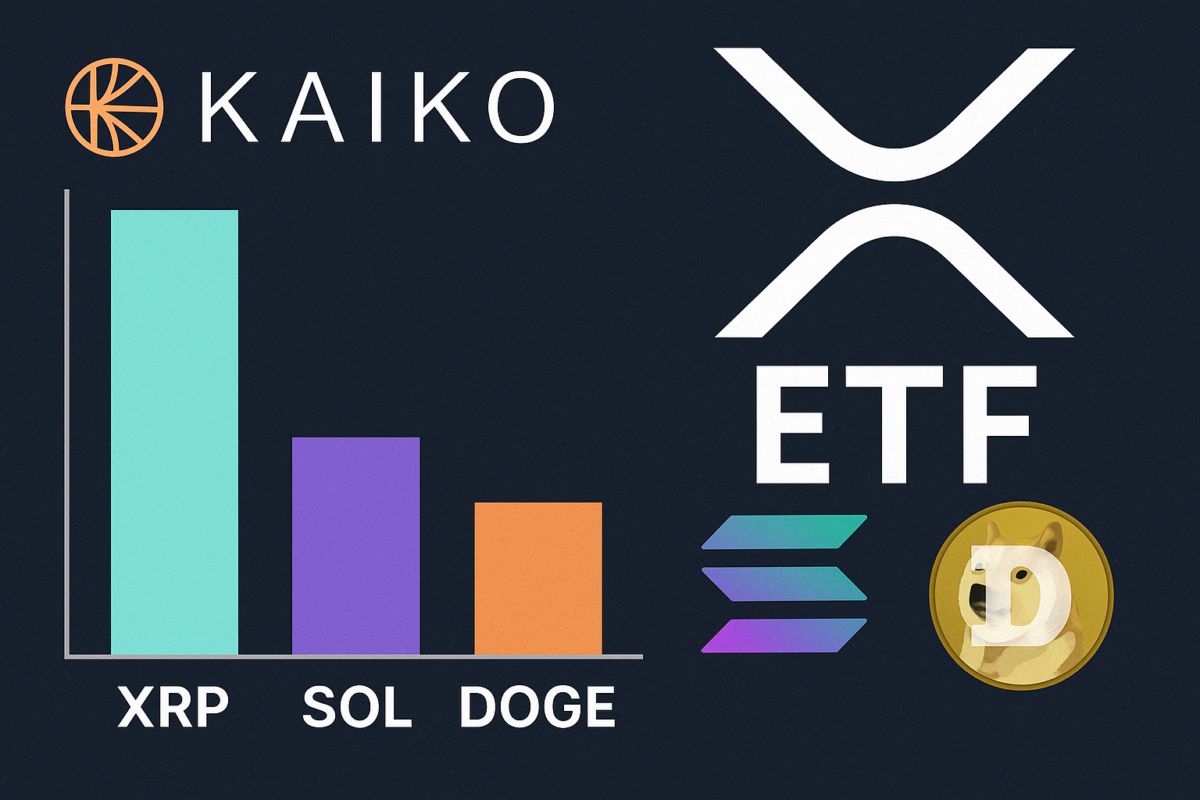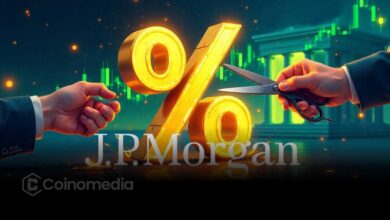Christine Lagarde, the European Central Bank President, is calling on the European Union to think strategically and engage in direct negotiations with America instead of rushing into retaliation over incoming tariffs.
President-elect Donald Trump has announced massive tariffs: 60% on Chinese imports and 10-20% on imports from other countries, including Europe. Lagarde warned that these measures, if unchallenged or met with a knee-jerk reaction, could start a global trade war that would benefit no one.
Trump’s tariff plans are not entirely clear. While he revealed the numbers, he left out crucial details such as how they’ll be applied, which sectors they’ll target, or whether exceptions will be made. “We need to understand the scope,” Lagarde said.
She compared targeted tariffs on products like electric vehicles to broad tariffs that would hit everything crossing U.S. borders. This lack of clarity makes it tough for Europe to predict the exact fallout.
Europe’s response and the danger of escalation
Lagarde has urged Europe to avoid falling into the tit-for-tat pattern that often characterizes trade disputes. She highlighted Trump’s style of negotiating, pointing to the 10-20% range as evidence that the U.S. might be open to discussions.
“If you announce a range, you’re inviting negotiation,” she said. The European Commission has already started preparing for potential tariffs. Lagarde acknowledged this but warned against relying on what she called a “cheque book strategy” — throwing money at the problem.
Instead, she suggested that Europe could make concessions by offering to buy more American products, such as liquefied natural gas or military equipment. This would show a willingness to cooperate without escalating tensions.
A trade war, Lagarde said, would hurt everyone. GDP across the board would shrink, and no country would come out a winner. The impact wouldn’t stop at the U.S. and Europe. China, already the main target of Trump’s tariff plans, would likely reroute its exports to other markets, including Europe.
This “rerouting scenario” would put extra pressure on European industries, which are already vulnerable. For now, Lagarde thinks free trade with China should remain reciprocal and beneficial for both sides. But if Trump’s policies disrupt this balance, Europe might need to consider defensive measures.
See also Stock market surge under Trump victory will push up Fed’s inflation metric
Inflation, GDP, and the ripple effects
Lagarde also addressed how these tariffs could affect Europe’s economy, particularly inflation and growth. She admitted the effects are tough to predict because they depend on the scope, duration, and exact targets of the tariffs.
In the short term, she said, the tariffs might lead to slight inflation. But a trade war would ultimately drag down GDP and destabilize global markets.
Inflation isn’t the only concern. Lagarde pointed out how uncertainty around tariffs has already shaken consumer and business confidence. Investment decisions are being delayed, and consumption has taken a hit.
The ECB factored these risks into its September economic forecasts and will do so again in December. But if the situation escalates, the damage could go beyond current predictions.
China’s role and Europe’s challenges
China’s position in this trade dispute is another headache for Europe. Lagarde highlighted the risk of Chinese goods flooding European markets as they become less competitive in the U.S.
This would disrupt local industries, forcing Europe to make tough decisions about whether to impose its own protective tariffs.
Europe’s strategy in dealing with Trump’s tariffs will also set the tone for its economic future. Lagarde pointed to past examples where Europe avoided retaliation and chose negotiation instead. When Trump threatened steel tariffs in the past, the European Commission opted to sit down and talk. It worked.
Lagarde suggested that the same approach could be successful now. Beyond tariffs, Lagarde used this moment to push for deeper reforms within Europe, especially the completion of the long-discussed capital markets union.
For years, European leaders have talked about integrating financial markets across member states, but progress has been painfully slow. Lagarde argued that a fully functional capital markets union would make Europe more resilient to external shocks like U.S. tariffs.
“Money matters,” she said, stressing the need for a single supervisory authority to replace the current system of 27 national regulators. This would mirror the Securities and Exchange Commission in the U.S., streamlining financial oversight and boosting investor confidence.
See also Trump to impose a 25% tariff on Canada, Mexico; 10% more on China
Lagarde called this a “catalyst” for broader reforms, including better securitization and increased space on banks’ balance sheets to finance innovation.
But Lagarde did acknowledge the political challenges of uniting Europe’s fragmented financial system . She cited past resistance to central supervision but noted that similar efforts, like the Single Supervisory Mechanism for banks, eventually succeeded. “It’s laborious, but it’s working,” she said.
Europe’s falling competitiveness
The region’s competitiveness has been slipping for decades, particularly in tech and finance. While the U.S. and China dominate artificial intelligence, Europe is lagging behind. Lagarde said Europe has the talent but struggles to keep its best minds from leaving for American or Chinese companies.
She urged leaders to create an environment where innovation can thrive and companies can grow without looking overseas for funding.
The financial sector is another weak spot. European banks, once on par with their American counterparts, have fallen far behind. Lagarde noted that the average European bank is now one-tenth the size of JPMorgan or Goldman Sachs.
Cross-border mergers, like the proposed UniCredit-Commerzbank deal, could help, but they often face political resistance. Without stronger banks, Europe risks falling further behind in global finance .
Lagarde also took aim at Europe’s regulatory system, which she said places an excessive burden on businesses. Small and medium-sized enterprises (SMEs), in particular, struggle with the sheer volume of paperwork required to comply with environmental and other regulations.
When asked about the U.S. administration’s push for deregulation and the stock market’s optimistic response, Lagarde acknowledged the possibility of market adjustments but dismissed fears of a financial crisis.
“There has been a little bit of it and there will be more,” she said, referring to potential price corrections. However, she made it clear that deregulation alone wouldn’t trigger a repeat of the global financial crisis, adding confidently, “We stand ready anyway.”
A Step-By-Step System To Launching Your Web3 Career and Landing High-Paying Crypto Jobs in 90 Days.



